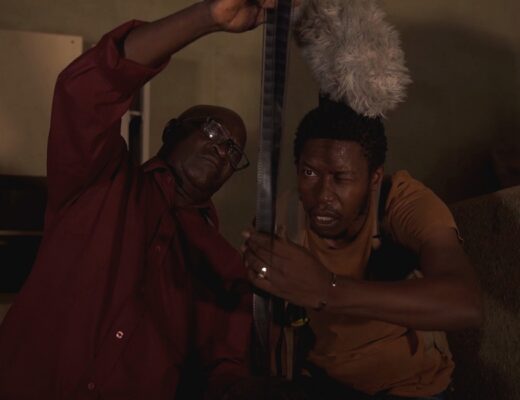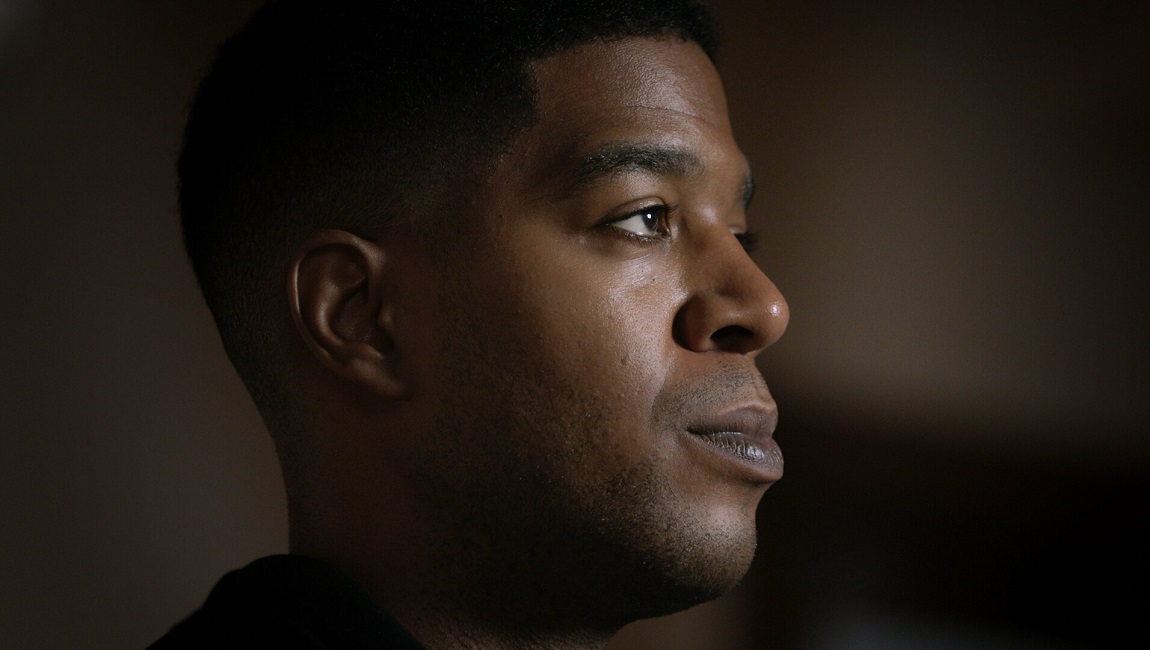Notturno is at times oddly diffuse, but the harrowing brutality it captures bears undeniable power.
The echoes of war reverberate throughout Notturno, a film of unnerving quietude that, as per its title, unfolds in something like a perpetual gloaming. Directed by Italian documentarian Gianfranco Rosi, the film was shot over three years on the borders between Iraq, Kurdistan, Syria, and Lebanon, but it almost entirely forgoes present-tense images of violence and destruction, limiting the sight of drone strikes and bombs to a video played during a small theater production. Instead, Rosi trains his camera-eye on those whose lives have been effectively placed on hold, yet who must press on all the same: a group of female soldiers in a remote outpost; a classroom of young children who recall extreme violence at the hands of ISIS soldiers; a teenage boy who scavenges for work each morning to provide for his mother and younger siblings. All this the film conveys in fixed-frame images of stark, forbidding beauty — though beyond this raw imagistic power, what we chiefly get is a sense of the waiting, of the uneasy breaths taken before the bombs fall once more.
Rosi’s restrained approach sidesteps the sensationalism that so often characterizes reports of Middle Eastern conflict. Indeed, Notturno might even be said to avoid the “reportage” label altogether: Those on screen come across not as subjects of human interest, or windows for (Western) understanding of the region’s wars, but as, well, people — which is only as it should be. There are, of course, limitations to such human affirmation — and if Rosi’s previous film, the Golden Bear-winning Fire at Sea, was rhetorically pointed, if dubiously structured, Notturno comes across as oddly diffuse. But perhaps the silences of this film serve their own rhetorical purpose. When faced with those who’ve experienced such harrowing brutality, the act of filmmaking is, after all, no great comfort. When confronted with lives lived on the brink, in the midst of circumstances so obviously unjust, perhaps there is nothing left to say.
Originally published as part of Venice International Film Festival 2020 — Dispatch 1.







